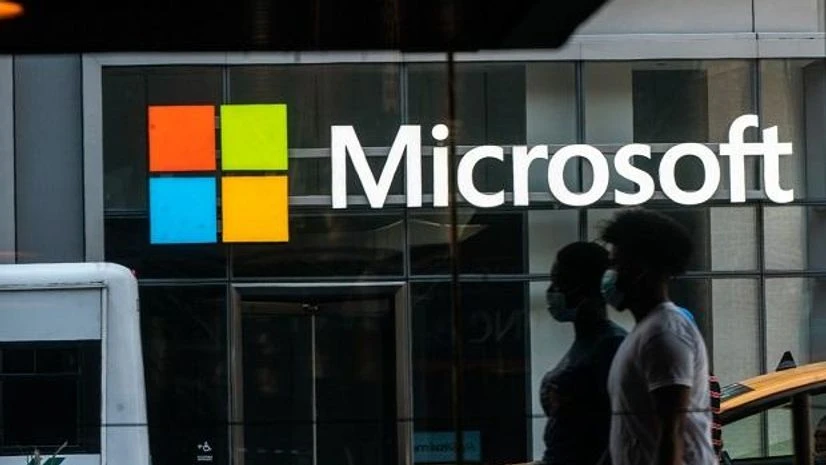American tech multinational Microsoft, which a year ago announced its plans to acquire Activision Blizzard, might keep 'Call of Duty', the video game company's iconic franchise, from appearing on Sony's PlayStation.
According to The Verge, an American technology news website, last year in January Microsoft announced it would spend USD 68.7 billion to acquire Activision Blizzard, highlighting how it would get 'Call of Duty', 'Warcraft' and 'Candy Crush' for that fee.
However, the new website has reported that Microsoft's lawyers are suddenly pretending they have no idea why 'Call of Duty' is special or even when it came out.
The Verge has shared that Microsoft's 37-page reply to the US' Federal Trade Commission (FTC) lawsuit seeking to block the Activision Blizzard deal includes the following passage:
"Microsoft avers that it lacks knowledge or information sufficient to form a belief as to the truth of the allegations concerning industry perceptions of Call of Duty and Call of Duty's original release date; or as to the truth of the allegations concerning Call of Duty's launch and typical release schedule and the resources and budget Activision allocates to Call of Duty, including the number of studios that work on Call of Duty."
In its complaint, the FTC argued that acquiring Activision Blizzard would "enable Microsoft to suppress competitors to its Xbox gaming consoles and its rapidly growing subscription content and cloud-gaming business."
A lot of people have been worried about the future of "Call of Duty," to the point where Xbox CEO Phil Spencer publicly assured the public that the franchise will be accessible on PlayStation for as long as PlayStations are in production.
More From This Section
In its response to the FTC, Microsoft cited its promise to expand, not limit, the availability of Activision's flagship series by bringing it to the Nintendo Switch.
As per The Verge, Nintendo and Microsoft have agreed to keep Call of Duty on Nintendo platforms for 10 years following the acquisition, and offered Sony a 10-year deal too, after Sony previously rebuffed a three-year extension. Sony hasn't publicly responded to the 10-year offer.
(Only the headline and picture of this report may have been reworked by the Business Standard staff; the rest of the content is auto-generated from a syndicated feed.)

)
